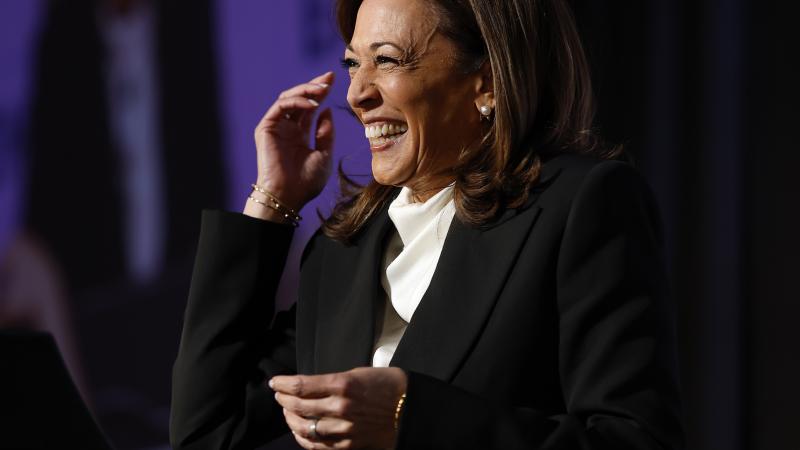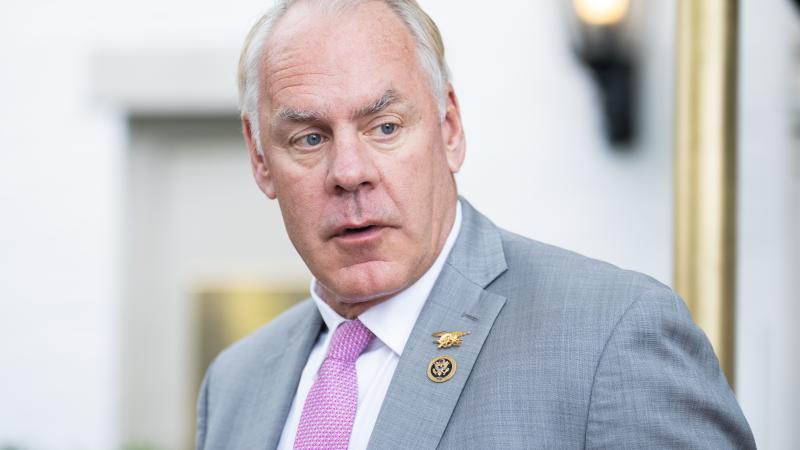New York judge rules on disputed mail-in ballots to settle House race after six weeks
The slow conclusion of the race, in large part because of the large number of mail-in ballots during the pandemic, is raising concerns about whether similar problems will occur in the November elections
A Manhattan federal judge has stepped in to conclude a House primary that remains undecided after six weeks, saying 1,000 disputed mail-in ballots should be counted.
Though election day in New York was six weeks ago, Democratic Rep. Carolyn Maloney is still competing with her progressive challenger Suraj Patel to advance to the general election in November.
By the current count, Patel is down by about 3,700 votes, though the total number of disputed ballots amounts to about 12,500 votes. However, the judge's decision narrows the number of those that need to be counted to about 1,200.
The judge's Monday decision will allow ballots that were received one to two days after the election date – June 23 – to be counted, so long as they are postmarked by the 23. Though, her order leaves room for ballots received as late as June 30 to be counted, if they are the deciding factor in the race.
Maloney's race has been brought to the national fore not just as a significant embarrassment to the New York City Board of Elections, but by the president, who has touted the race as an example par excellence of why universal mail-in voting measures for the Nov. 3 election will lead to disaster, despite a global pandemic.
"They're six weeks into it now. They have no clue what's going on," President Trump said Monday, echoing similar remarks he made on Friday. He called the race "a total disaster," suggesting it should be "rerun."
In late April, New York Gov. Andrew Cuomo ordered a rapid expansion of access to absentee voting as primary elections were delayed and the state fought its especially ugly battle against the novel coronavirus. However, New York was unprepared for the expansion measure, as it has challenged local boards of elections, the post office, and now, according to Patel, "the voting rights of millions in a pandemic."
Election boards were overwhelmed by the more than 400,000 mail-in ballots that were submitted in New York City alone, which tops the number sent in across the entire state in 2018. Post office officials, who testified last week, said that the system they used to date mail-in ballots was not foolproof. Some ballots weren't postmarked, making the judge's order harder to enforce, and casting doubt on the ability of the office to handle an election involving hundreds of millions of mail-in ballots.
Following the judge's decision, Suraj Patel, appearing to agree with the president that a mail-in system that has yielded no winner 45-days after an election, said "This is no longer a Democratic or a Republican fight, this is not an establishment versus progressive fight. This is now a fight for the voting rights of millions in a pandemic."
















